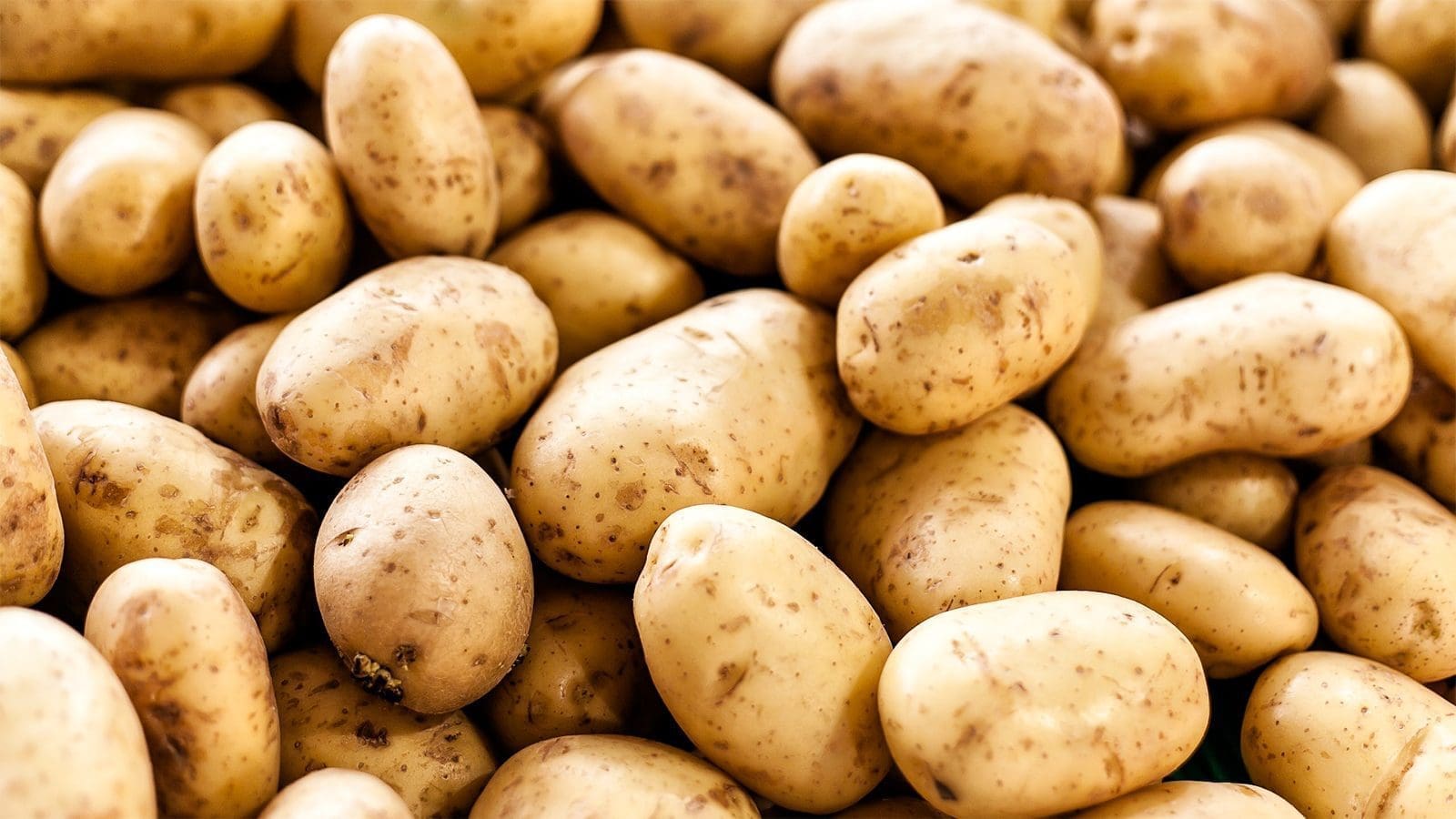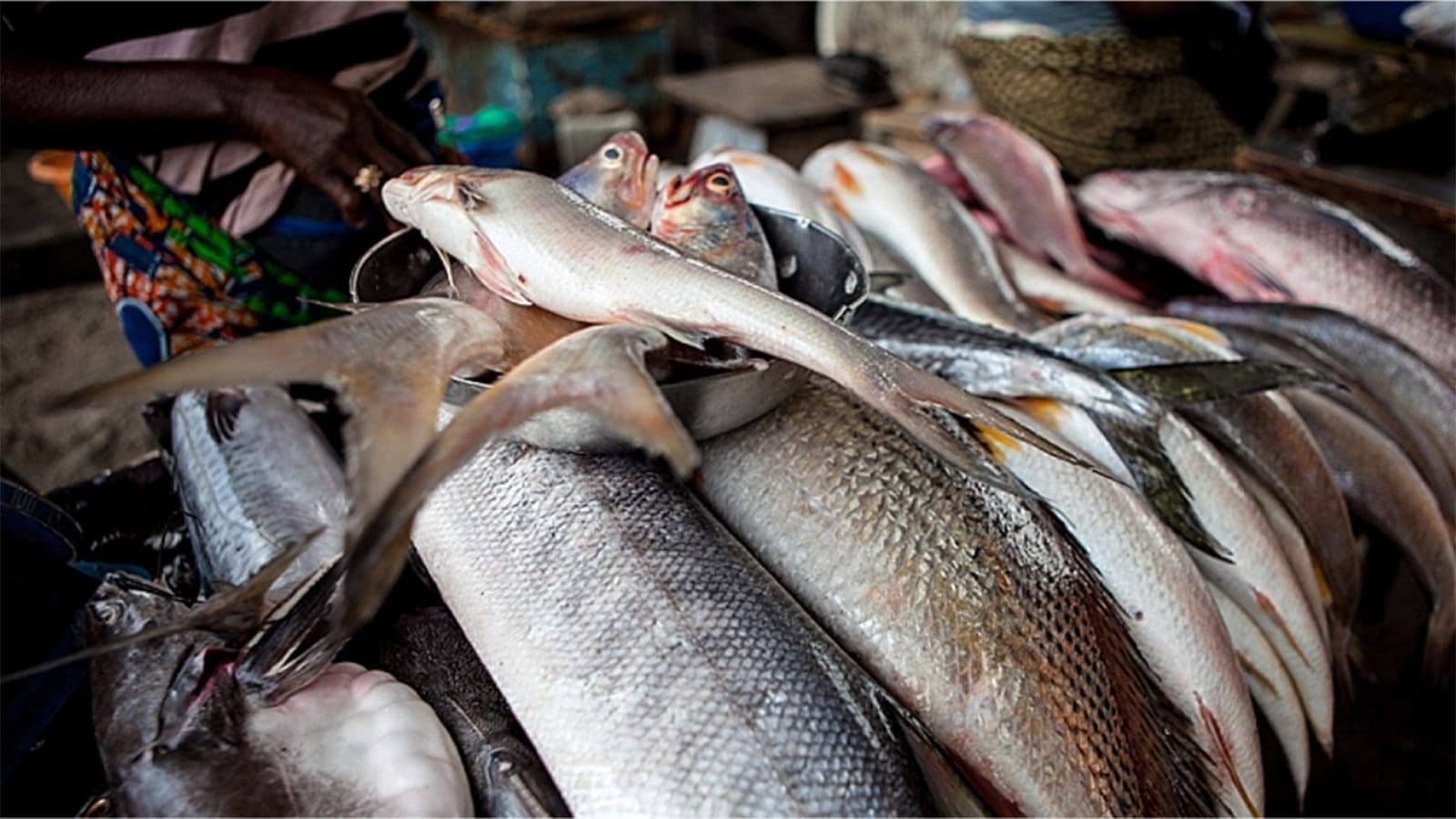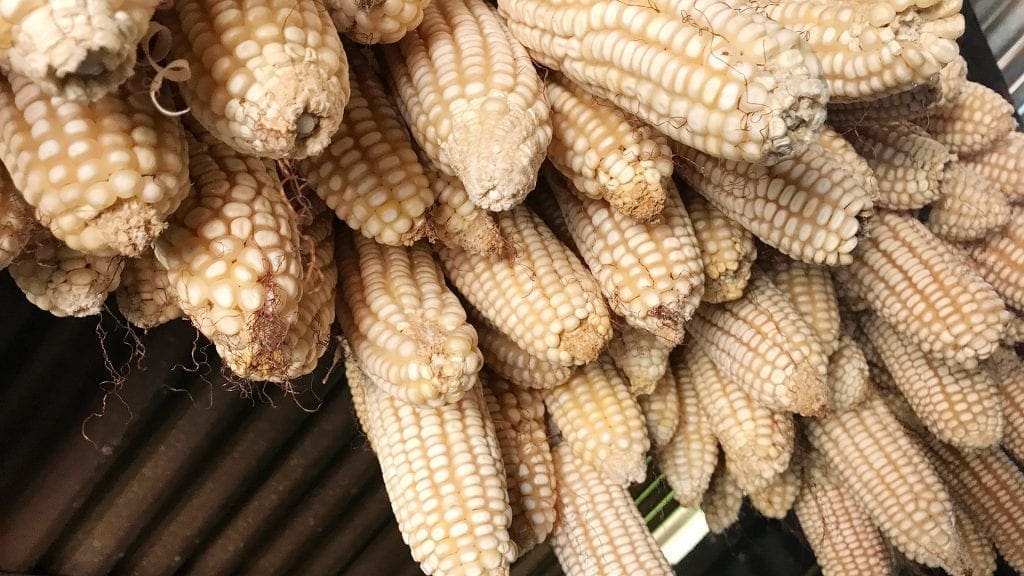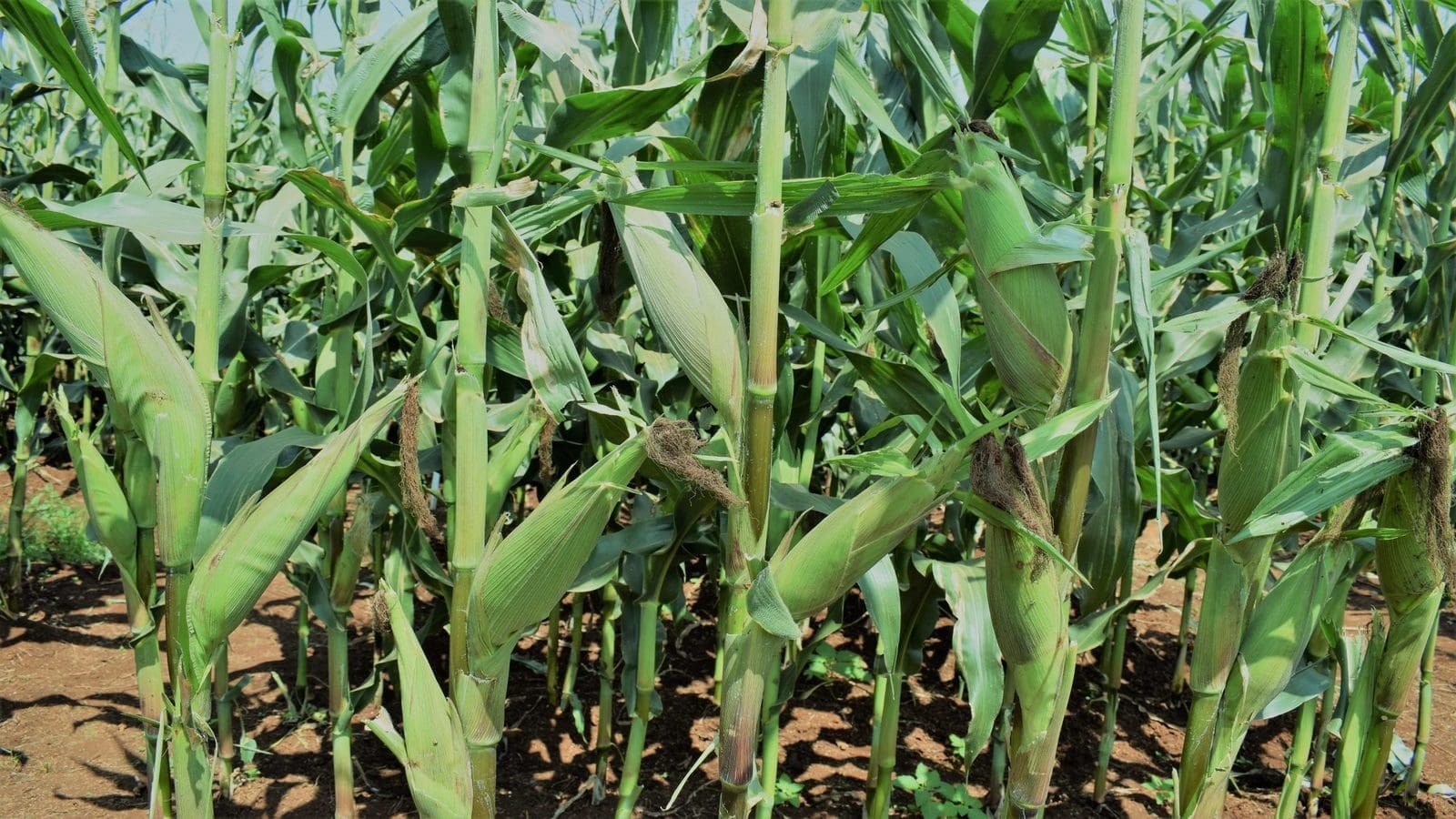KENYA/NIGERIA – The International Potato Center (CIP) is creating genetically modified late blight-resistant potato varieties through its Feed the Future global biotech potato partnership in Kenya and Nigeria.
These varieties will cut farmer losses by 15 to 30 percent and at least 90% of the current ksh1.8 billion (U.S$14,669,927) annual cost in fungicides.
Late blight of Potatoes caused by Phytophthora infestans is the most serious fungal disease of potatoes in Kenya resulting in output losses ranging from 10% to complete crop failure.
The disease first appears as water-soaked spots on the leaves and is prevalent in crops during prolonged conditions of wetness or high humidity.
According to CIP, the total cost of diseases might be reduced by an average of Sh29.1 billion ($239 million) yearly in Kenya and Nigeria if these resistant potato cultivars were adopted at a rate of 35%.
“Over the past decades, scientists have discovered resistance (R) genes in the potato’s wild relatives which stop late blight. Three R genes were introduced simultaneously into farmers’ and consumers ‘preferred’ varieties from Kenya and Nigeria.
“The resulting potato cultivars combine characteristics that the market demands with strong and durable late blight resistance, which can reduce production costs by lowering or eliminating the need for fungicide applications, and reduce farmer exposure to those chemicals, in addition to significant potential benefits from increased yield,” read part of a statement from CIP.
The Michigan State University (MSU) and USAID-funded project will support the creation, testing, and introduction of genetically modified candidate 3Rgene LBR potato varieties in the two nations.
The benefits of putting these potatoes on the market will be discussed together with how safe the chosen top-performing potato varieties are for the environment and human health.
Additionally, CIP will manage the seed potato distribution to selected farmers and support their marketing and growth.
They will also help local scientists create new varieties of these disease-resistant potatoes.
The research organization will keep looking for the finest microbial wilt-resistant gene combination for future product development.
Around the world, potato late blight costs Ksh 818.4 billion (U.S$6.7B) yearly.
According to CIP, potatoes are the third-largest food crop in the world and the greatest-yielding staple per acre. They produce a lot of energy-dense carbs faster and with less water than rice or wheat, as well as vitamin C, potassium, and phenolic compounds.
As a non-globally traded good, its price is less susceptible to increases in food prices.
These qualities make potatoes one of the more affordable sources of fiber, minerals, and vitamins needed for a healthy diet, making them useful in the fight against hunger, poverty, and malnutrition.
The USDA’s Animal and Plant Health Inspection Service (APHIS) recently approved a genetically modified potato variety.
The potato plant from J.R. Simplot Company was modified to make it resistant to potato late blight and potato virus Y. It was also modified to alter the potato tuber sugar profile and quality.
For all the latest food safety news from Africa and the World, subscribe to our NEWSLETTER, follow us on Twitter and LinkedIn, like us on Facebook and subscribe to our YouTube channel.








